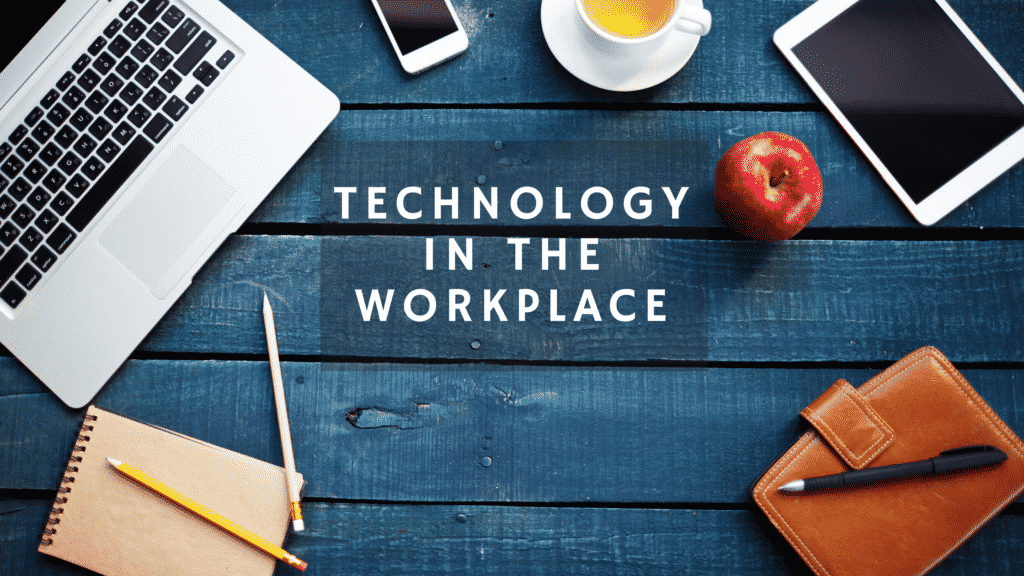In today’s rapidly evolving business landscape, technology has become an integral part of the modern workplace. From small startups to multinational corporations, organizations across various industries are leveraging technology to enhance productivity, streamline processes, and foster innovation. This article delves into the multifaceted role and impact of technology in the contemporary workplace.
Enhanced Efficiency and Productivity of Technology in the Workplace
Technology plays a pivotal role in enhancing efficiency and productivity in the workplace. Automation tools, project management software, and communication platforms enable employees to collaborate seamlessly, manage tasks efficiently, and meet deadlines effectively. Tasks that once required significant time and resources can now be completed with greater speed and accuracy, freeing up employees to focus on more strategic initiatives.
Remote Work Facilitation of Technology in the Workplace
The advent of technologies has revolutionized the concept of work by enabling remote collaboration and telecommuting. Cloud-based applications, video conferencing tools, and virtual workspaces empower employees to work from anywhere, transcending geographical boundaries. This flexibility not only enhances work-life balance but also enables organizations to tap into a global talent pool and reduce overhead costs associated with traditional office setups.
Innovation and Creativity
Technological serves as a catalyst for innovation and creativity in the workplace. Advanced analytics, artificial intelligence, and machine learning algorithms provide valuable insights and predictive analytics that enable organizations to make informed decisions and identify emerging trends. Moreover, collaborative platforms and ideation tools foster a culture of innovation by encouraging employees to share ideas, experiment with new concepts, and drive continuous improvement.
Enhanced Communication and Collaboration
Effective communication and collaboration are essential for the success of any organization. Technology facilitates real-time communication through email, instant messaging, and video conferencing, enabling teams to stay connected irrespective of their physical location. Additionally, collaborative tools such as shared document repositories and project management platforms enable seamless information sharing, version control, and collective problem-solving.
Data Security and Privacy
With the proliferation of digital data, safeguarding sensitive information has become paramount for organizations. Technology enables the implementation of robust cybersecurity measures, including encryption protocols, firewalls, and intrusion detection systems, to protect against cyber threats and data breaches. Moreover, compliance frameworks such as GDPR and CCPA necessitate stringent data privacy standards, prompting organizations to invest in data governance and regulatory compliance initiatives.
Skill Development and Training
Enabled learning platforms and online training modules empower employees to acquire new skills and competencies in a flexible and accessible manner. E-learning platforms, virtual classrooms, and interactive simulations provide personalized learning experiences tailored to individual preferences and learning styles. By investing in employee training and development, organizations can foster a culture of continuous learning and adaptability in response to evolving market dynamics.

Conclusion : The Role and Impact of Technology in the Workplace
In conclusion, technological serves as a driving force behind the transformation of the modern workplace, revolutionizing how work is conducted, collaboration is facilitated, and innovation is fostered. By harnessing the power of technology, organizations can unlock new opportunities for growth, agility, and competitive advantage in an increasingly digital world.